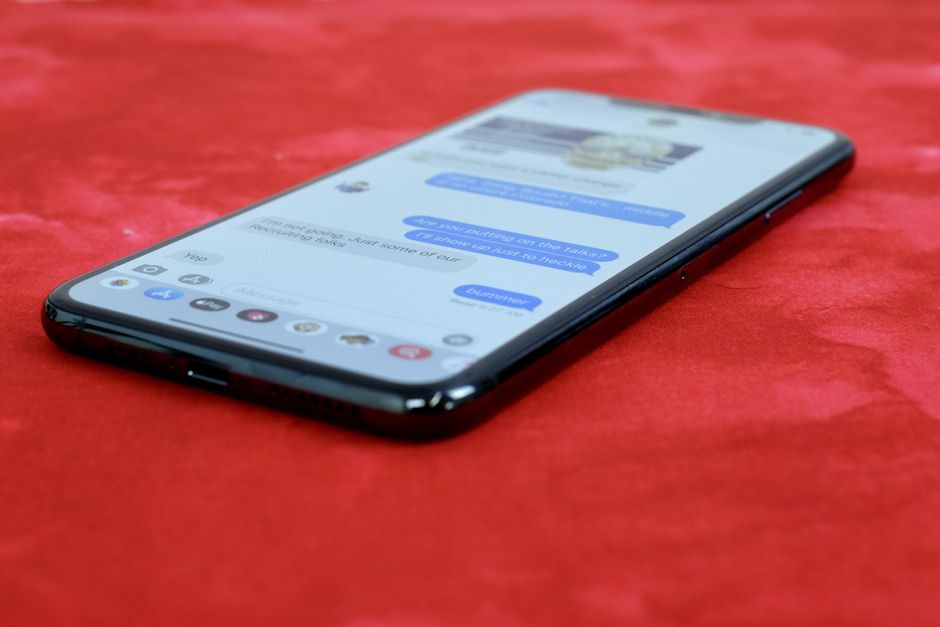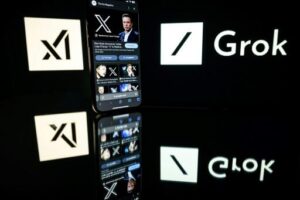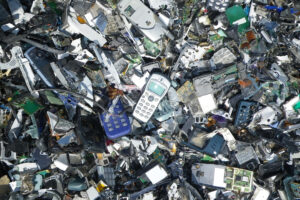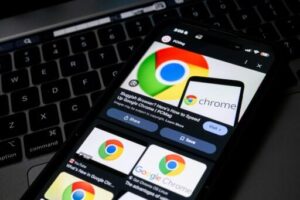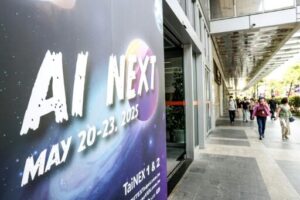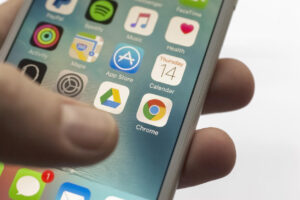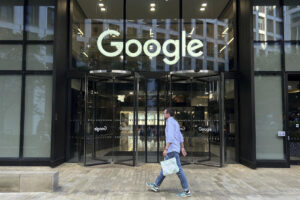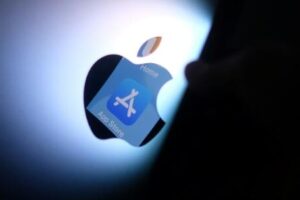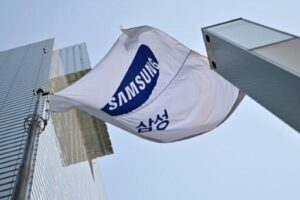Tokyo, 16 January, /AJMEDIA/
Apple’s iMessage has a well-documented history of separating people into “blue” and “green” bubbles based on whether they’re using an iPhone or Android phone. But that problem is now far bigger than just looking cool in our group chats.
Over the weekend, The Wall Street Journal published a story detailing how this distinction between green and blue chat bubbles has caused social pressure among teens and young people. The blue and green bubble debate highlights a broader problem throughout the industry: There is no single, modern texting standard that works across all phones. Rich Communication Services, or RCS, is the closest alternative.
Google has been championing this messaging platform, which is packed with iMessage-like features such as typing indicators and read receipts, by working with carriers to make it the default option on most Android phones. It’s a step forward in making messaging more uniform across the wide variety of Android devices that exist. But it still doesn’t fix the issue highlighted by the Journal of improving compatibility between the iPhone and Android phones.
As one of the biggest players in the mobile phone industry, Apple could undoubtedly be doing more to help establish a more consistent texting experience across devices. But the question is whether doing so is in the company’s interest. Apple often touts its control over iOS as a selling point for consumers, and shifting away from iMessage could jeopardize that.
Supporting RCS in Apple’s Messages app, even a little bit
Starting with the most obvious, it may be time for Apple to consider RCS support in iOS 16. In addition to RCS including many iMessage-like features like typing indicators, enhanced group chats and encryption, Apple does have a history of adopting open formats after they have spent a few years developing.
For instance, Apple did not race into the wireless charging space and instead waited for the Qi standard to reach widespread adoption before integrating it into the iPhone 8 and iPhone X in 2017. It even intended to build its own Qi-based AirPower wireless charger, but instead held back until 2020 to sell its own MagSafe wireless chargers.
Apple doesn’t even have to give RCS a full endorsement to make a difference. It could keep non-iPhone messages green and lean on iPhone-exclusive features like Memoji, which uses the iPhone’s Face ID to create facial animations, to keep Apple loyalists hooked. But supporting a few key features would go a long way in allowing for a smoother communication experience while keeping a degree of that Apple exclusivity.
It could also allow for encryption between messages regardless of platform, especially since Apple has been a public defender of user privacy. One would reason that this alone should have the company embracing RCS.

